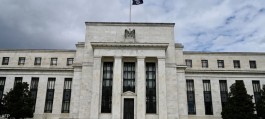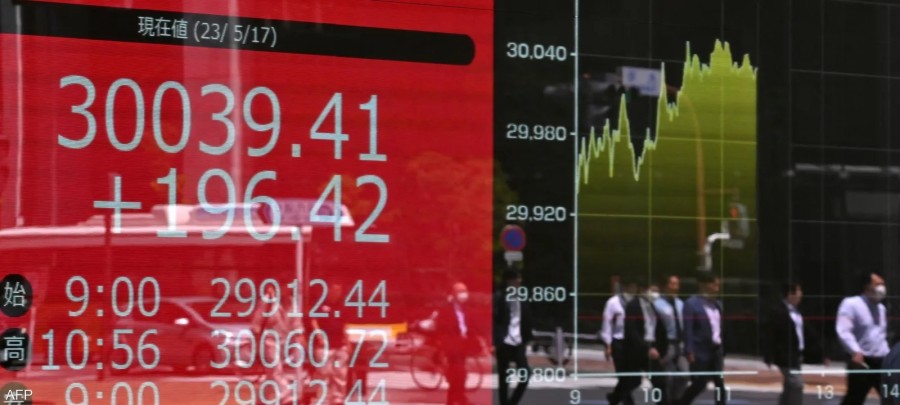Asian chip and technology stocks fell on Wednesday, tracking overnight declines by their U.S. counterparts amid growing fears of an AI-driven market bubble.
South Korea's KOSPI index was among the hardest hit by this trend, losing as much as 6% due to losses in heavyweight technology stocks. Chipmakers SK Hynix Inc (KS:000660) and Samsung Electronics Co Ltd (KS:005930) each lost nearly 6%.
Taiwanese company TSMC (TW:2330), which has been a major beneficiary of AI trading in recent years, fell by as much as 3% in early trading, while electronics giant Hon Hai Precision Industry Co Ltd (TW:2317) lost 1.8%.
Japan's Nikkei 225 index fell 4.5% due to losses in technology stocks, with SoftBank Group Corp. (TYO:9984) plunging nearly 14%, leading the decliners on the index. Other major technology stocks that saw declines included Advantest Corp. (TYO:6857), down 9.7%, and Lasertec Corp. (TYO:6920), down 8.5%.
Hong Kong’s Hang Seng index lost 1.1% due to losses in the technology sector, with shares of chipmaker Semiconductor Manufacturing International Corp (HK:0981) down 2.5%, while shares of Baidu Inc (HK:9888), Alibaba Group (HK:9988) and Tencent Holdings Ltd (HK:0700) fell between 1% and 3%.
Technology stocks were affected by growing concerns about overvalued valuations, especially after the chief executives of major Wall Street banks Morgan Stanley and Goldman Sachs Inc. questioned on Tuesday whether the recent surge in market valuations could be sustained.
Michael Bury, the investor who famously predicted the 2008 subprime mortgage crisis, was seen taking short positions against major technology companies Nvidia Group (NASDAQ:NVDA) and Palantir Technologies Inc (NASDAQ:PLTR), just days after warning of a potential market bubble.
Losses in Asian markets mirrored overnight declines on Wall Street, where the benchmark NASDAQ Composite index fell by 2%.
Positive results from AI giants Palantir Technologies Inc (NASDAQ:PLTR) and Advanced Micro Devices (NASDAQ:AMD) also failed to lift sentiment, while high AI-related capital expenditure forecasts from major Wall Street firms – such as Meta and Microsoft Group – added to bubble concerns.
The buzz surrounding artificial intelligence has triggered a sustained rise in global technology valuations over the past two years, as markets have bet on strong returns from massive investments in this technology.
However, recent earnings showed limited returns on AI-related spending, while corporate margins were seen under pressure from high levels of capital expenditure.
Concerns about circular funding in artificial intelligence have also raised fears of a bubble, especially after market favorite Nvidia Group (NASDAQ:NVDA) said it would invest $100 billion in OpenAI, a major buyer of its AI chips.
Nvidia is scheduled to release its quarterly earnings on November 19 and is expected to be the next major catalyst for the technology sector.






































